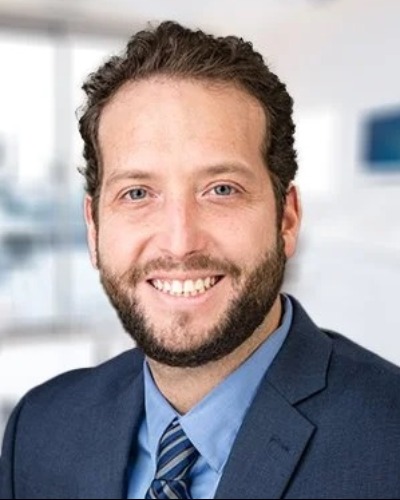
Abstract:
- Definition and Types: TBI is an injury to the brain caused by external force, resulting in a range of effects. It can be classified as mild (concussions), moderate, or severe based on symptoms and impact.
- Causes: Common causes include falls, vehicle accidents, sports injuries, and violence.
- Symptoms: Symptoms can vary widely and may include headaches, confusion, memory issues, mood changes, and loss of consciousness.
- Diagnosis: Diagnosis often involves physical exams, imaging tests like CT or MRI scans, and neuropsychological assessments to evaluate cognitive function.
- Treatment: Treatment approaches may involve rest, rehabilitation therapies (physical, occupational, speech), medication for symptoms, and in severe cases, surgery.
- Long-term Effects: Some individuals may experience lasting cognitive, physical, and emotional challenges, requiring ongoing support and management.
- Prevention: Strategies for preventing TBI include wearing helmets, using seatbelts, and fall-proofing homes, especially for vulnerable populations like the elderly.
The lecture will emphasize the importance of early intervention and a multidisciplinary approach to care.
Traumatic brain injury (TBI) remains a leading global cause of disability, and new data highlight a shift toward precision neurotrauma. In 2024–2025, rapid blood biomarker tests (GFAP, UCH-L1) gained FDA clearance in whole-blood and automated formats, enabling point-of-care triage and safe CT reduction for mild TBI. In the ICU, hypertonic saline is increasingly favored over mannitol for intracranial pressure crises, while the NIH BOOST-3 trial is testing whether combining ICP with brain oxygen monitoring improves outcomes. Single-cell brain atlases and large consortia studies (CENTER-TBI, TRACK-TBI) are mapping the biological and psychosocial heterogeneity of injury, laying the groundwork for personalized treatment. Together, these updates mark a turning point: from generic protocols to tailored, biomarker-driven and multimodal strategies that aim to improve survival and long-term recovery.
For mild traumatic brain injury (mTBI), 2024–2025 updates emphasize earlier, more precise diagnosis and tailored follow-up. Blood biomarkers GFAP and UCH-L1 have now been validated and FDA-cleared in whole-blood, point-of-care formats and automated lab platforms, allowing emergency teams to safely rule out CT-detectable injury within minutes and reduce unnecessary imaging. Studies show GFAP rises within 30 minutes of injury, making ultra-early triage feasible. Large cohort data (CENTER-TBI, TRACK-TBI) highlight how outcomes vary by biological and psychosocial factors, including genetic vulnerability to persistent post-concussion symptoms and mental health challenges, supporting a move toward risk-stratified follow-up. The field is moving from a “rest and discharge” model toward precision mTBI care, where biomarker-guided triage, individualized monitoring, and targeted rehab interventions aim to prevent chronic symptoms and improve recovery trajectories.
Biography:
Dr. Jonathan Eskenazi is a well-rounded, Double Board-Certified Neurologist with in-depth training in Traumatic Brain Injury, Vascular, and Neurocognitive disorders. He has received training in clinical neurophysiology, neuro-stimulation for Parkinson's disease, and epilepsy. Dr. Eskenazi holds the position of Clinical Assistant Professor at UCLA School of Medicine and serves as a Clinical Neurology attending at Cedars Sinai. He played a key role in establishing Acute Neurology programs at Hollywood Presbyterian Medical Center and California Medical Center in Downtown Los Angeles.
With many years of training followed by several years of clinical practice experience, Dr. Eskenazi covers all aspects of neurology, including trauma, stroke, epilepsy, multiple sclerosis, brain tumors, sleep disorders, and botulinum toxin (Botox) injections for migraine, dystonia, and spasticity in hemifacial spasm patients. Additionally, he specializes in Neurostimulation for Parkinson's disease, electroencephalogram studies, and Vestibular Disorders.
Copyright 2024 Mathews International LLC All Rights Reserved
